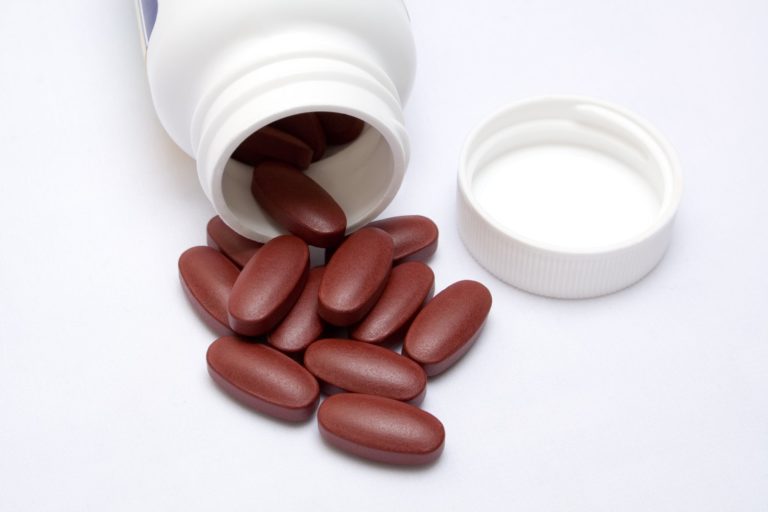If a nutritional supplement found in shops like SNAC nutrition shop for example catches your eye, use common sense and follow your instinct, that’s the first thing. If they are offering you the “miracle pill,” if it sounds too good to be true, the most logical thing is that you hesitate a little and inform yourself better. That way, you don’t run unnecessary risks.
The first questions you should ask yourself are: Why am I thinking of taking a supplement? Am I not getting adequate nutrition through my diet? Can I make changes to my diet instead of taking supplements? If you still want to try a supplement, do so wisely. It is always worth knowing some tips when choosing:
- Are you sure you can take it, that you need it and that it won’t hurt you? Although it is proven that some supplements are practical, not all of them work for you. If you are ill, taking medication, pregnant, undergoing surgery, or an older adult, there may be contraindications for taking some supplements. Check with your doctor; they can recommend which one is best for you.
- It Says “Supplement
“The packaging says that it is a “nutritional supplement” and not a medicine. This is part of the regulation of the FDA (Food and Drug Administration).
- Data
By not needing FDA authorization to go on sale, the companies that produce and distribute the supplements are directly responsible for the product in front of consumers. The container must have the company’s complete data in charge: name, telephone, address.
- Check Who Supports It
Always try to choose the brands that have the seals of verified institutions. Apart from the FDA, these institutions also certify that the supplement contains the ingredients that it mentions on the label, that it is not contaminated or that it does not contain ingredients that may be harmful.
- Check The Label.
Exaggerated amounts of vitamins and minerals can be harmful to your health. Therefore, always check the label and buy only supplements that provide a maximum of 100% of the daily value (% Daily Value) for each ingredient. Avoid those that offer? Megadose? or that contains more than 100% of any ingredient.
- Check The Expiration Date
Yes, supplements have an expiration date, even though some say they never expire. Always check that the container has the expiration date. If it doesn’t have a date, don’t buy it. If you bought it and it expired before finishing it, throw it away immediately. When a supplement meets its purpose, it doesn’t need to be sold as something other than what it is. On the other hand, when they promise you so many good things like that, they? Cure you? Illnesses, or that they give you your money back if it doesn’t work for you is because something isn’t right. It’s about common sense.


Comments are closed.